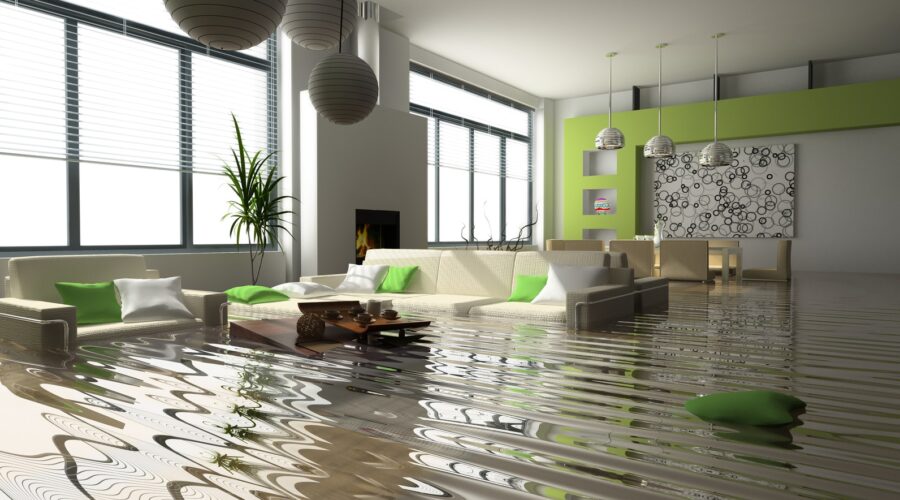
5 Tips To Save Your Home From Flood Damage In San Diego
Floods are one of the most destructive natural disasters, causing extensive damage to homes and properties. While we cannot control the weather, we can take proactive measures to protect our homes from flood damage. In this article, we will discuss five essential tips to safeguard your home and loved ones from the devastating effects of floods.
-
Elevate Your Electrical Systems
One of the first steps in flood-proofing your home is to elevate your electrical systems. Flooding can quickly incapacitate your electrical wiring, posing a significant risk of fires and electrical accidents. To mitigate this, ensure that your electrical systems, including outlets, switches, and circuit breaker panels, are elevated above the expected flood level. A licensed electrician can help you determine the appropriate height for these installations. Additionally, consider investing in flood-resistant electrical outlets and switch covers, which can provide an extra layer of protection.
-
Install Sump Pumps and Backflow Valves
Installing sump pumps and backflow valves is crucial in preventing flood damage to your home. Sump pumps are designed to remove excess water from your basement or crawl space, preventing it from pooling and causing structural damage. Backflow valves, on the other hand, prevent sewage from backing up into your home during a flood event. These relatively inexpensive measures can save you from costly repairs and health hazards in the aftermath of a flood.
-
Waterproof Your Foundation and Seal Entry Points
A watertight foundation and sealed entry points are essential in preventing floodwater from infiltrating your home. Regularly inspect your foundation for cracks and gaps, and promptly seal any openings you find with waterproof sealant. Additionally, consider applying a waterproof coating to your foundation walls to create a protective barrier against water infiltration. Properly sealed windows and doors can also play a significant role in keeping floodwater out. Reinforce entry points with weatherstripping and sealants to ensure they remain watertight during a flood.
-
Elevate Critical Appliances and Belongings
When flooding is imminent, it’s essential to elevate critical appliances and belongings to protect them from water damage. Elevate your HVAC systems, water heaters, and electrical appliances onto platforms or stands above the expected flood level. Store valuable belongings and important documents in waterproof containers or on upper floors. Taking these precautions can save you from expensive replacements and the emotional distress of losing cherished items.
-
Invest in Flood Insurance
Perhaps the most critical tip to safeguard your home from flood damage is to invest in flood insurance. Standard homeowners’ insurance policies typically do not cover flood damage. Therefore, obtaining a separate flood insurance policy through the National Flood Insurance Program (NFIP) or a private insurer is essential. Keep in mind that there is typically a 30-day waiting period before flood insurance coverage goes into effect, so don’t wait until a flood is imminent to secure your policy.
FAQs
Is Flood Insurance Mandatory For Homeowners?
No, flood insurance is not mandatory for all homeowners. However, if your home is located in a high-risk flood zone and you have a mortgage from a federally regulated or insured lender, you may be required to purchase flood insurance. It’s highly recommended for homeowners in flood-prone areas to invest in flood insurance even if it’s not mandatory.
Can I Prevent All Flood Damage To My Home?
While you cannot completely eliminate the risk of flood damage, you can take proactive measures to minimize it. By following the tips mentioned in this article, you can significantly reduce the extent of damage to your home during a flood event.
How Can I Determine My Home’s Flood Risk?
You can determine your home’s flood risk by consulting FEMA’s Flood Map Service Center or contacting your local floodplain management office. They can provide information on flood zones and the likelihood of flooding in your area.
Conclusion
To schedule a consultation with 1st Response Plumbers, call right away!
To find out more about how our professionals can assist with plumbing services in San Diego, CA, give 1st Response Plumber a call right away.
Our Services
Water Leak Detection
Flood Damage
Cleaning Services
Residential
Residential Cleaning
Specials



